Google revamps its SEO Starter Guide

This being the first SEO starter guide in several years, it holds huge importance for the digital marketing industry. Google has announced that the old PDF format of the SEO starter guide has been retired which was published in 2008 and is now replaced with a new web based version.
The updated version has additional sections required by the search engine optimization, building mobile friendly websites and adding structured data markup. The version has now been available in 9 different languages including English, French, Spanish, Italian, Japanese, Portuguese, German, Turkish and Russian.

The purpose of the guide
The guide is for those manage, owns and promote content through Google Search. If someone is an SEO expert or digital marketing freak, this guide is meant for you. For understanding the basics of the SEO, this guide is the perfect place for the one. The guide will provide the best practices which will help in attaining the best results. The guide will provide the techniques which make it easier for the search engines to crawl and index your content.
SEO is all about helping the search engines to understand the content and behave accordingly.
Getting started with the guide:-
Terms related to SEO are

- Index
- Crawl
- Crawler
- Googlebot
- SEO
Are you on Google?
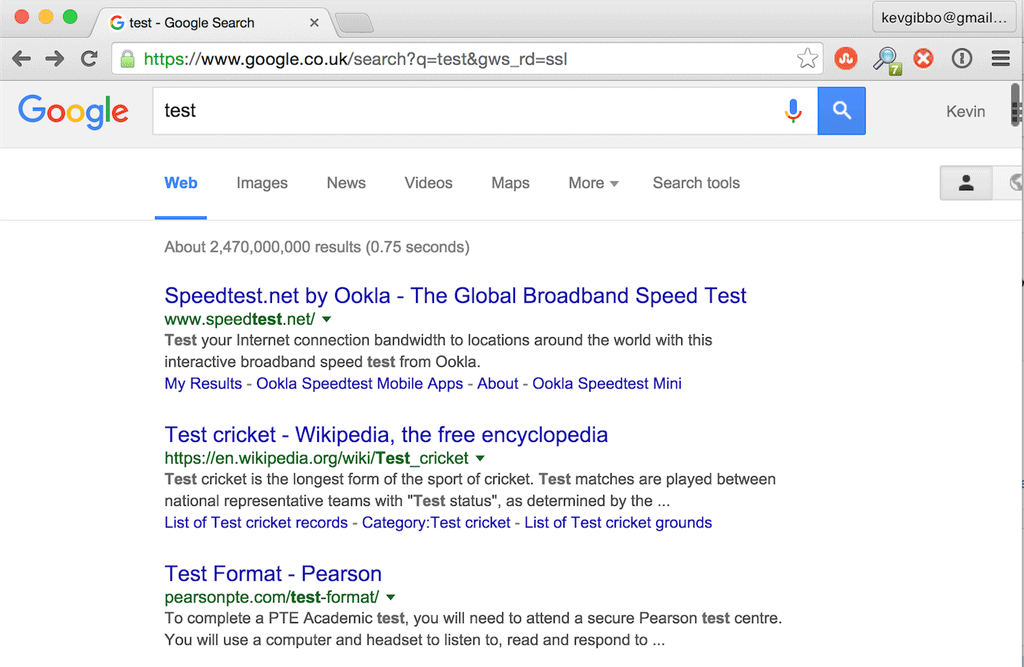
Make a check whether your site appears on Google or not. Use it like Site: website URL.
If the website shows up then it indexed on Google.
Help Google find your content
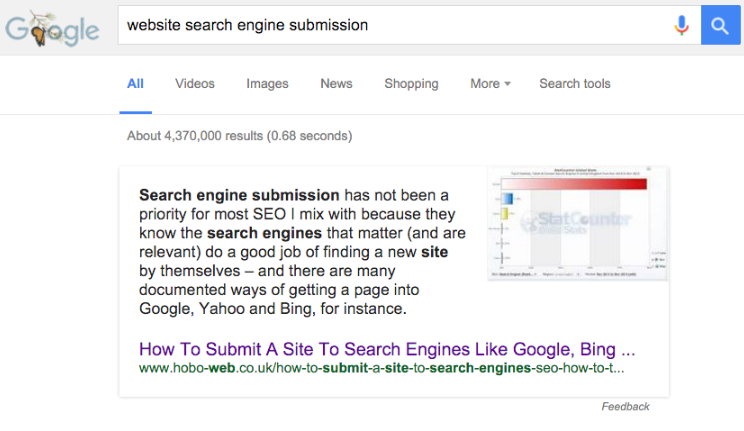
For making your content visible to the Google, it is important that you submit a site map. A sitemap is a file which tells Google about the new or changed pages of the website. Google can also find new pages through links from other pages as well.
Tell Google which pages shouldn’t be crawled
Best practices are
- Use robots.txt (non sensitive information)
- Noindex tag or requiring a user password to access the page ( sensitive information)
Help Google understand your content
Recommendations are
- Make sure that Googlebot can crawl JavaScript, CSS and image files by using fetch as Google tool.
- Check your Robots.txt with Google search console
Create good titles and snippets
Your title must appear in the first line of the results. The title of homepage must consist of the basic information about the website, contact details and other information required by the visitor.
Meta tags
- Description Meta tag: This will give information to the search engine what the page is all about. This is placed within the element of HTML document.
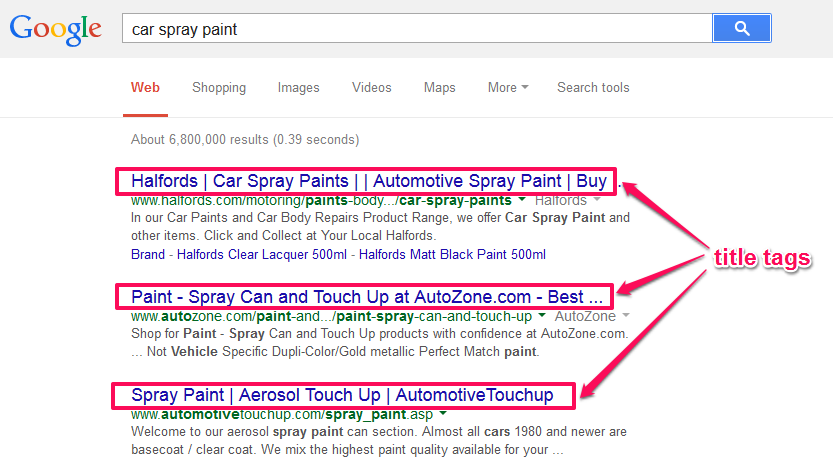
Merits of description Meta tag
This tag can be used by the search engine to deliver the best possible result to the query by the user incase the Google remains unable to find the content suitable enough to provide to the user.
Best practices
Accurately summarize the page content
Use unique description for each page
Use heading tags to emphasize important text
Heading tags would help in getting the text larger on the page than the normal text. This will give a normal hint to the visitors that the particular text is important. Usage of heading tags would help in creating a hierarchical structure for the content making it easy for the user to go through the content easily and understand it.
Best practices
Imagine you are writing an outline; make it to the point to cover the gist of the content
Use headings across the page
Use structured data markup
It is the code which is added to the site’s pages to make the content understandable to search engines.
Best practices
Check your markup using the structured data testing tool
Use data highlighter
Keep track of markup pages
Manage your results in Google search
With the use of correct structured data, search results will understand the content and make the best of it to make it available to the user.
Organize your site hierarchy
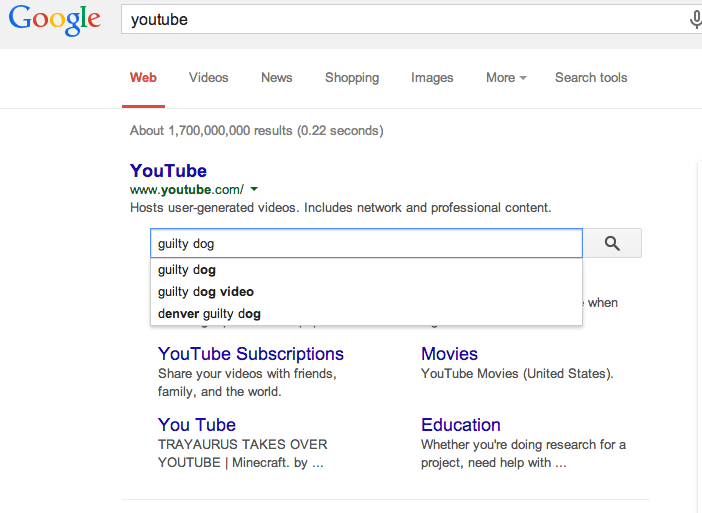
- Understand how search engines use url
- Navigation is important for search engines
- Plan navigation based on homepage
- Breadcrumbs list
- Simple navigation page for the users
Best practices
Create naturally flowing hierarchy
Use text for navigation
Create sitemap for the search engines and navigational pages for the users
Custom 404 pages
- Simple url convey content information
- URLs displayed in search results
Best practices
Use words in URL
Create simple directory structure
Provide one URL to access the page
Optimize your content
- Make your site interesting and useful
With the use of relevant and unique information make your site interesting. Try to get some compelling content which drives the user to your website. - Know what your readers want
Best practices
Write easy to read text
Organize your topics early
Create fresh unique content
Optimize content for users and not search engines
- Use links wisely
Write good link text
Best practices
Choose descriptive text
Write concise text
Format links to make them easy to spot
Anchor text for internal linking

- Optimize the images
Use the alt attribute
Best practices
Use descriptive filenames and alt text
- Help search engine find your images
Use image sitemap to make Googlebot understand what the image is all about - Use standard formats
Mobile friendly website
Most of the people use mobile for any query. In such a scenario your website need to perform on mobile too. This will increase your reach to the people. Make your website responsive to get more customer visibility for your website. Make it responsive for mobile phones, tablets, smart phones, multimedia phones, feature phones.
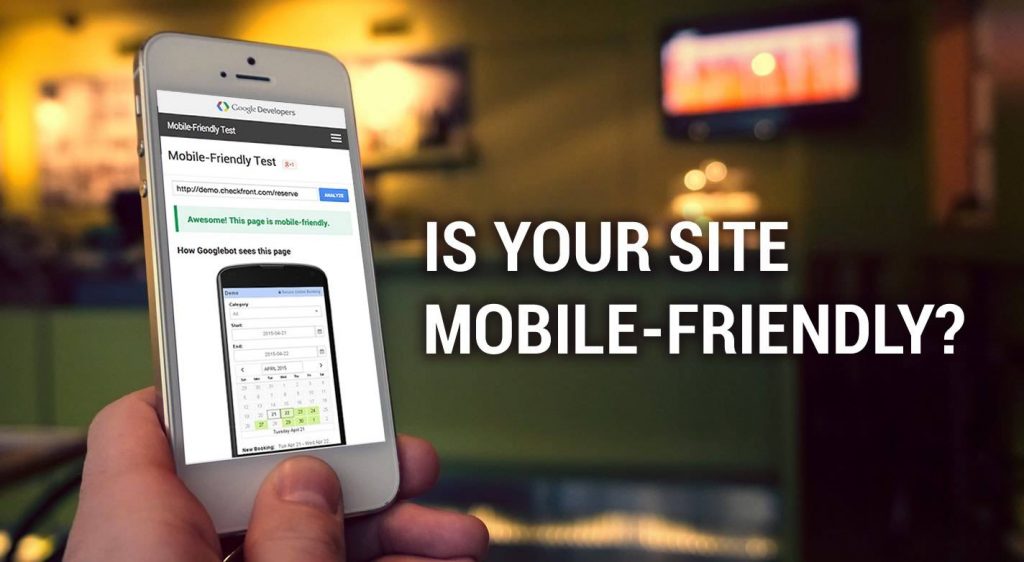
Promote your website
Your website needs promotion as without it no one even know about it.

Best practices
Know about social media sites
Reach out to those communities which are in relation to your site
Analyze your search performance and user behavior
Analyze search performance
Through Google search console tool, one can analyze the performance of the website. the tool will help you in getting your issues in front. It will help in addressing the issues and if done, can help in better performance of the website.
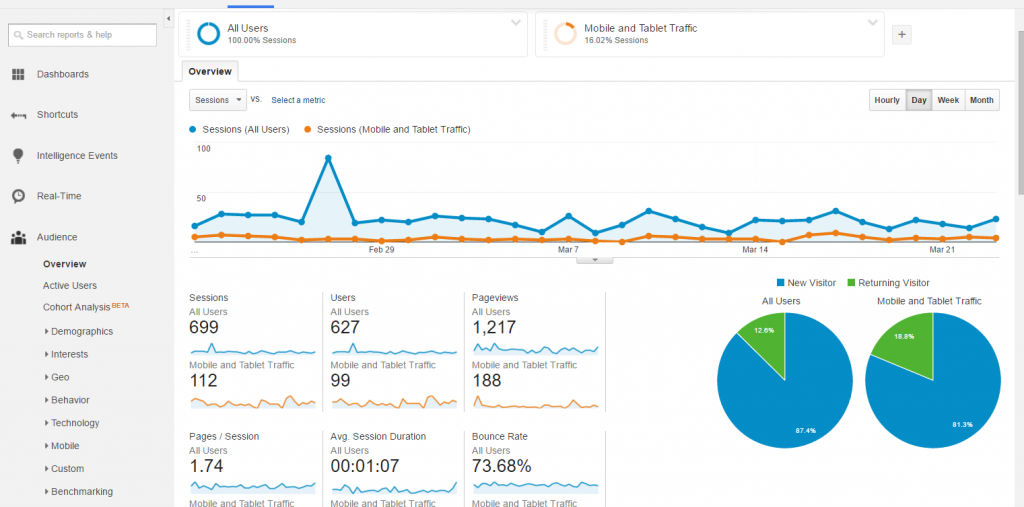
Analyze user behavior
Once you are done with the crawling and indexing of your site, your next step might be for the traffic behavior on the website. This information can be attained with the help of Google analytics tool.




